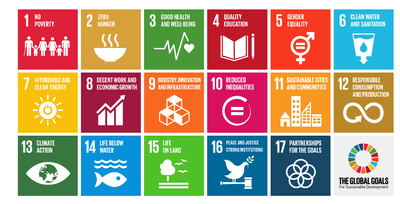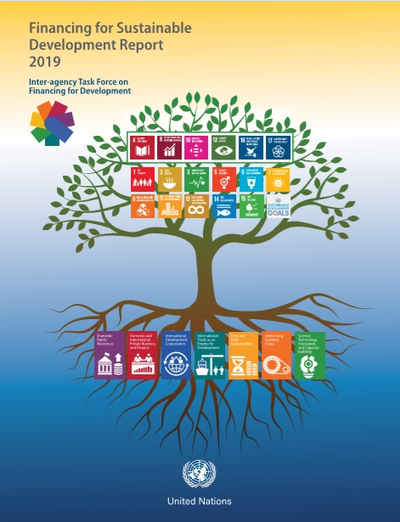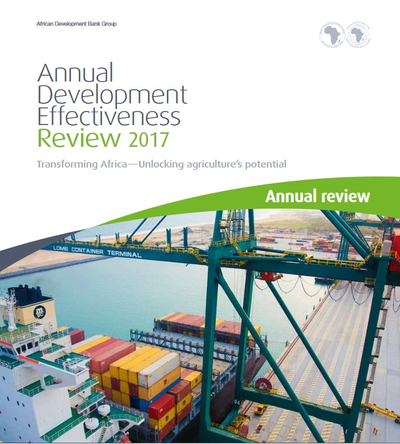Sustainable Development, Climate Finance Takes Centre Stage – as Secretary-General Urges Greater Action to ‘Leave No One Behind’
With the adoption of the 2030 Agenda for Sustainable Development, the international community was poised to reach higher, broader, and deeper, United Nations Secretary-General Ban Ki-moon told the General Assembly today as he opened the seventieth session’s general debate.
“You, the world’s leaders, have committed to leave no one behind,” he said, lauding the Assembly for its towering achievement and urging them to do more by coming to a robust agreement on climate change. There was “wind in the sails” of climate action, but more ambitious national targets were necessary.
“Why is it easier to find the money to destroy people and planet than it is to protect them?” he asked, cautioning the Assembly that climate finance would be crucial. Confronted with the risk of temperatures rising above the 2°C threshold, the international community must work in synergy and get the Green Climate Fund up and running.
“The global humanitarian system is not broken, it is broke,” he said, and underscored the importance of following up emergency assistance with lasting solutions. Recalling how Europeans had sought the world’s assistance after the Second World War, he urged Europe to “do more”. The crisis in Syria was out of control, and he called on the five key countries, the Russian Federation, United States, Saudi Arabia, Iran and Turkey, to overcome the diplomatic paralysis.
He also urged leaders in conflict situations around the world to return to the negotiating table — in Yemen, in the Middle East, in the Korean Peninsula. “Dialogue and patient diplomacy have paid dividends,” he said, pointing to the landmark nuclear agreement between Iran and the P5+1 countries (China, France, Russian Federation, United Kingdom, United States and Germany).
Also delivering an opening statement was General Assembly President Mogens Lykketoft of Denmark, who said that the United Nations had proved its value with the adoption of the 2030 Agenda — “epic in its analysis and revolutionary in its ambition”. The current session of the Assembly would focus on the strong linkages between development, peace and security, and respect for human rights.
“We live in paradoxical and transformational times,” he said. Never before had such a large share of humanity enjoyed so good a life, yet never before had the world been at greater risk of fundamentally disrupting the basic living conditions on the planet. Every person had a legitimate demand for a decent life. However, that demand must be met without further depleting the natural resources that future generations would inherit.
Barack Obama, President of the United States, drawing on his country’s experiences, emphasized the importance of diplomacy and democracy in his address. “I lead the strongest military the world has ever known and I will not hesitate to protect my country or its allies,” he said, but the old ways of coercion did not work. He was confident that the increasing contacts between his country and Cuba would lead to the lifting of an embargo that should not be in place. In Iraq, the United States had learned the value of working with other nations under the mantle of international norms.
Acknowledging that diplomacy was hard and rarely politically popular, he told the Assembly that the Iran nuclear deal was the result of two years of complex negotiations, involving the United States, the Russian Federation and China. That was the strength of the international system when it worked the way it should. However, there was no room for accommodating an apocalyptic cult such as the Islamic State in Iraq and the Levant/Sham (ISIL/ISIS), and a managed transition away from the Assad regime was needed.
Challenging that assertion, Vladimir Putin, President of the Russian Federation, said that no one but President Bashar al-Assad’s forces were truly fighting the terrorist forces in Syria and that it was an enormous mistake to not cooperate with the Syrian Government. Throughout the Organization’s 70 years, there had always been differences. Referring to the criticism that decision-making in the Security Council was often inefficient, he added that the lack of unanimity was natural for so diverse an organization. His country believed that it was dangerous to play games with terrorists.
No one cared about human rights in the region, he emphasized. Instead of stability, foreign interference had produced violence and social disaster. Elsewhere, in Ukraine, the logic of confrontation had resulted in an externally organized coup. Turning to climate change, he noted that it impacted all people and required a new approach. The international community should join efforts to live in harmony with nature.
On that theme, François Hollande, President of France, said that the Conference of the Parties to the United Nations Framework Convention on Climate Change would decide whether humankind was capable of deciding to preserve life on the planet. Success in Paris depended on commitments on emission reductions, a review mechanism, and commitments ensuring support from developed countries to developing countries. France would increase its annual climate funding from €3 billion to €5 billion to be disbursed, not as loans but as grants.
He also called on the international community to find a collective solution to the Syrian tragedy. The blame for the conflict lay with Bashar al-Assad, a dictator who bombed his own people. He also expressed support for limiting the use of the veto when dealing with cases of mass atrocity. The right to veto was not intended as a right to block and his country was committed to that.
Hassan Rouhani, President of Iran, called the nuclear deal a brilliant example of “victory over war”. The Joint Comprehensive Plan of Action between Iran and “the six world Powers” was the result of two sides engaging in dialogue and understanding before the eruption of conflict, as opposed to negotiating peace after war. Through the Plan of Action, Iran had not only sought a nuclear deal but also a new and constructive way to recreate the international order. Read more:



